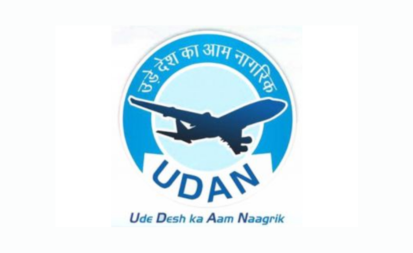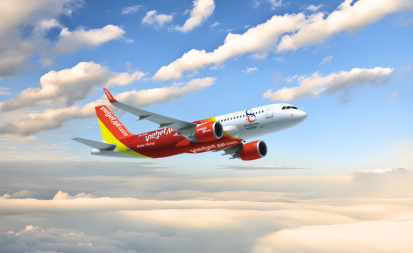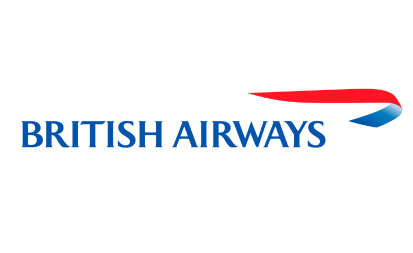Promoting Affordability of Regional Air Connectivity is Envisioned under UDAN
Licensing of Aerodrome for operationalising RCS flights requires compliances with regulations stipulated by DGCA and BCAS. Selected Airline operator is required to obtain necessary approvals and certification from DGCA for commencement of flights. Promoting affordability of

Licensing of Aerodrome for operationalising RCS flights requires compliances with regulations stipulated by DGCA and BCAS. Selected Airline operator is required to obtain necessary approvals and certification from DGCA for commencement of flights.
Promoting affordability of regional air connectivity is envisioned under UDAN by supporting Selected Airline Operators (SAOs) through concessions by the Central Government, State Governments/UTs and airport operators to reduce the cost of airline operations on regional routes and providing financial (Viability Gap Funding or VGF) support to meet the gap. The concessions offered under the scheme are as under:
Airport operators:
i) Airport operators will not levy Landing and Parking Charges on RCS Flights.
ii) AAI shall not levy any Terminal Navigation Landing Charges (TNLC) on RCS Flights.
iii) Route Navigation and Facilitation Charges (RNFC) will be levied by AAI on a discounted basis @ 42.50%
of Normal Rates on RCS Flights.
iv) Selected Airline operators (SAO) will be allowed self-ground handling for operations under the Scheme at all airports.
Central Government:
i) Excise Duty at the rate of 2% will be levied on Aviation Turbine Fuel (ATF) purchased by SAOs from RCS Airports for initial period of three years from the date of notification of this scheme.
ii) SAOs will have the freedom to enter into code sharing arrangements with both domestic as well as international airlines.
States Government at RCS Airports within their States:
i) Reduce VAT to 1% or less on ATF at RCS Airports located within the states for a period of 10 years.
ii) Provide minimum land, if required, free of cost and free from encumbrances for development of RCS
Airports and provide multi-modal hinterland connectivity as required.
iii) Provide security and fire services free of cost at RCS Airports.
iv) Providing or cause to be provided, electricity, water and other utility services at substantially concessional
rates at RCS Airports.
v) Provide a certain share (20% for States other than North-Eastern States where the ratio will be 10%) of
determined VGF.
Some of the challenges affecting the establishment of airports and their operational efficiency are as under:
i. Delay in making land available by the State Governments.
ii. Delay on the part of the new companies to comply with regulatory requirements
iii. Non-availability of suitable aircraft.
iv. Leasing issues which include long lead time for delivery of small aircraft and challenges around procuring of spares from outside the country.
Some of the measures taken to address the infrastructure gaps and ensure adequate facilities for air travel in remote regions are as under:
i. Periodic review of all stakeholders on the progress of development/upgradation works at airports.
ii. NSOP operations allowed in fixed wing seaplanes and helicopters.
This information was given by the Minister of State in the Ministry of Civil Aviation Gen. (Dr) V. K. Singh (Retd) in a written reply to a question in Rajya Sabha today.
—-
 English
English French
French German
German Italian
Italian




